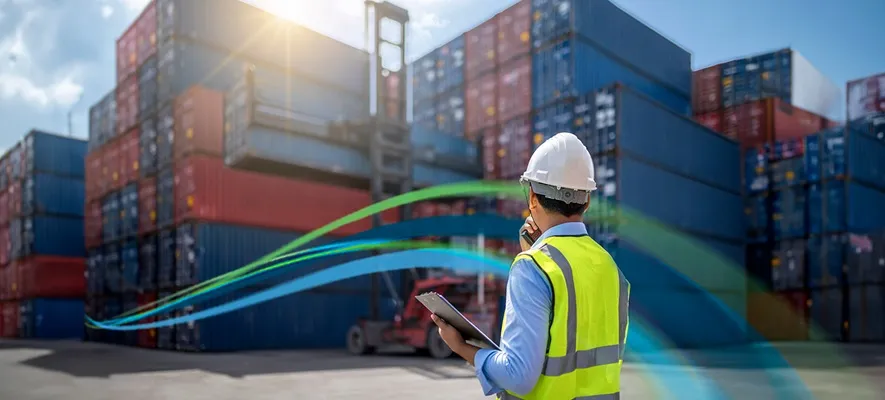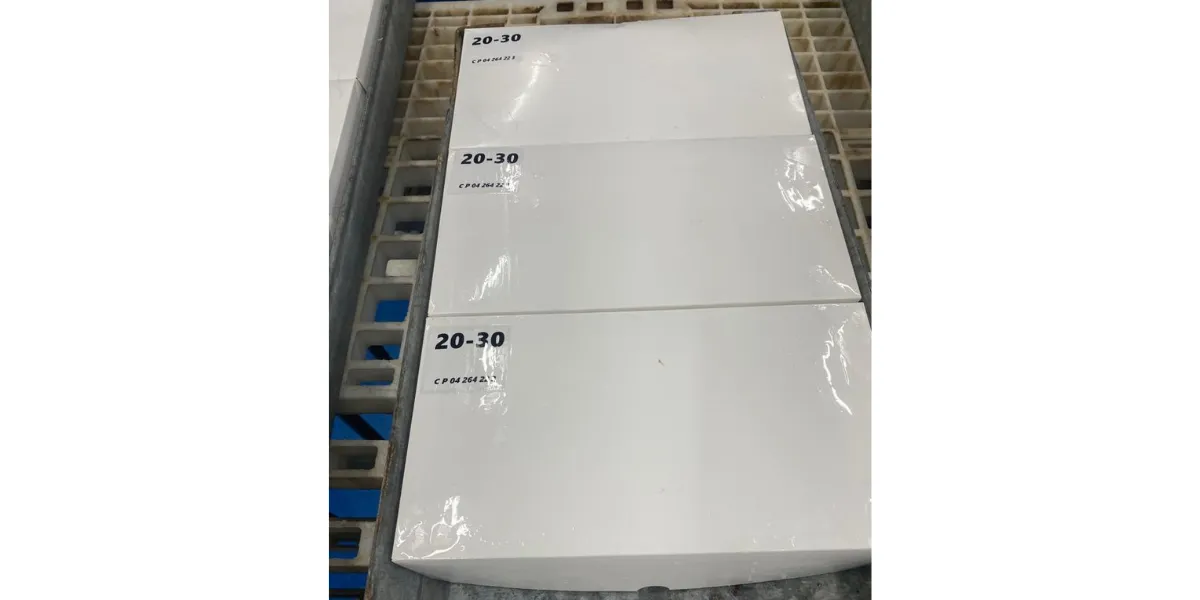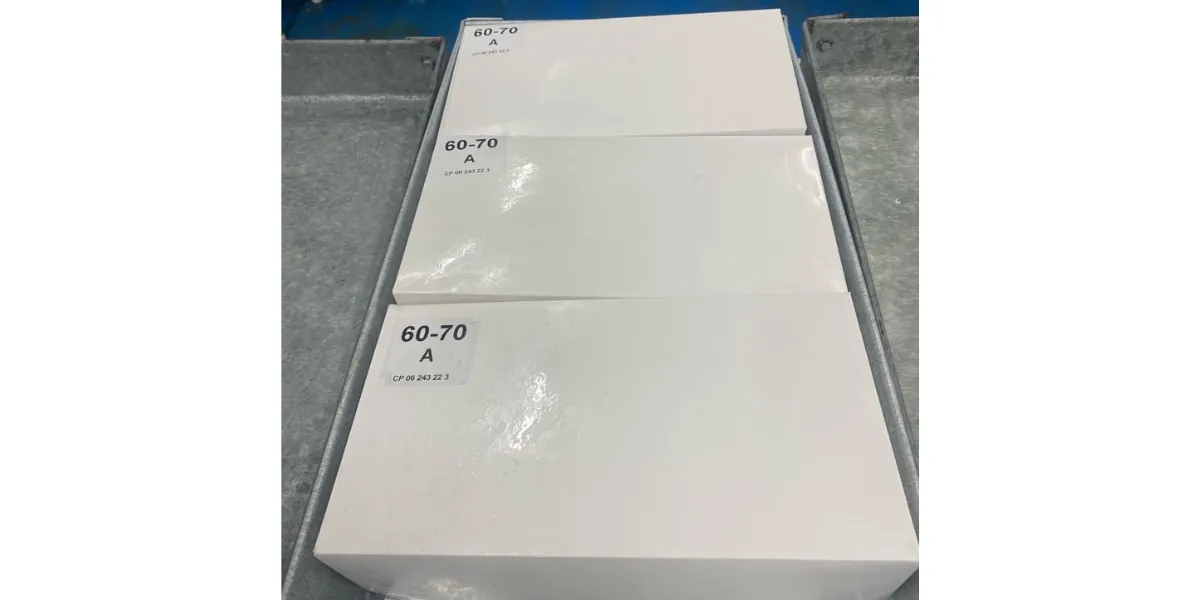Customs clearance is a crucial phase in international trade. Understanding the details of this process can significantly impact the speed and cost of your imports or exports. Below, we explore the most critical tips in this field.
Why is Customs Clearance Important?
Customs clearance is the legal process of importing or exporting goods in a country. It involves submitting documents, paying customs duties, and obtaining required permits. This step facilitates international trade, reduces unnecessary costs, and prevents lengthy delays. Proper management can also help avoid legal issues.
What Documents Are Required for Customs Clearance?
Preparing complete documents is one of the most crucial steps in customs clearance. Essential documents include:
- Bill of Lading: A transport document.
- Commercial Invoice: Specifies the value of the goods.
- Certificate of Origin: Confirms the producing country.
- Packing List: Details the shipment.
- Specific Permits: Such as health or standards certifications. Mistakes or omissions in these documents can halt the clearance process.
How to Calculate Customs Tariffs and Import Duties?
Customs tariffs and import duties are determined based on the type, weight, volume, and value of the goods. Studying each country’s tariff schedules is essential for accurate cost calculation. Consulting customs experts can help prevent costly errors.

What Local Regulations Apply to Your Imports?
Are you familiar with local import regulations? Different countries have varying conditions for imported goods. These may include restrictions on specific items, special permits, or mandatory standards. Staying updated on these regulations prevents potential issues.
How to Choose a Customs Broker?
Choosing a professional broker can expedite the clearance process. Reputable brokers offer services such as document management, tariff calculations, and communication with customs. Conducting thorough research and reviewing client feedback can help you find the best broker.
How Can You Track the Clearance Process?
Many customs offices now provide online tracking systems for clearance procedures. These tools allow you to monitor your goods in real time, reducing concerns and improving time management.
How to Avoid Unnecessary Delays?
Precise planning, timely submission of documents, and anticipating special conditions such as public holidays or seasonal customs traffic can help avoid unnecessary delays. Choosing a reliable transport company also plays a crucial role in minimizing delays.
Conclusion
Customs clearance requires careful planning, complete documentation, and knowledge of local regulations. By adhering to these tips and using professional services, you can effectively manage the clearance process and enhance your trade operations.




